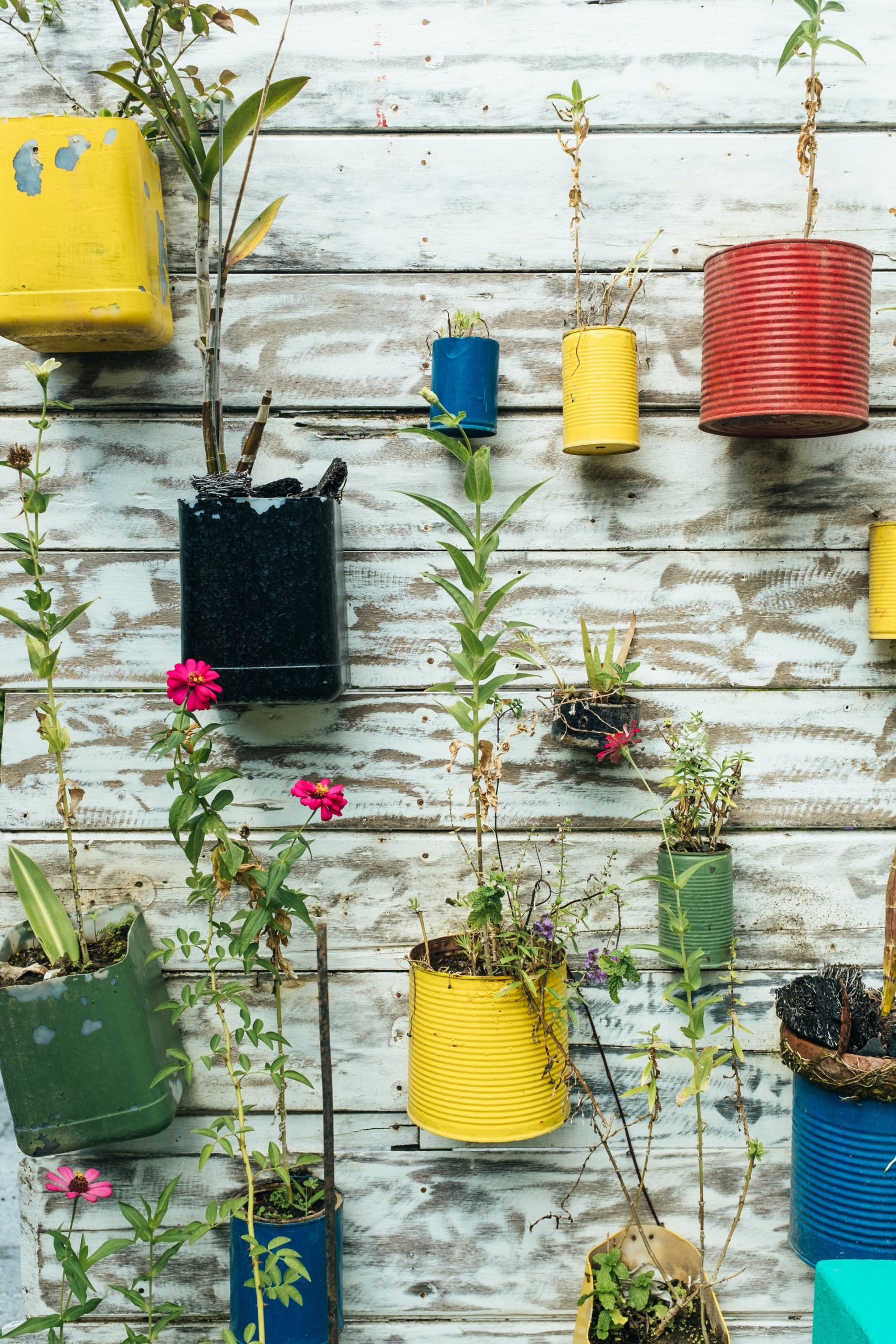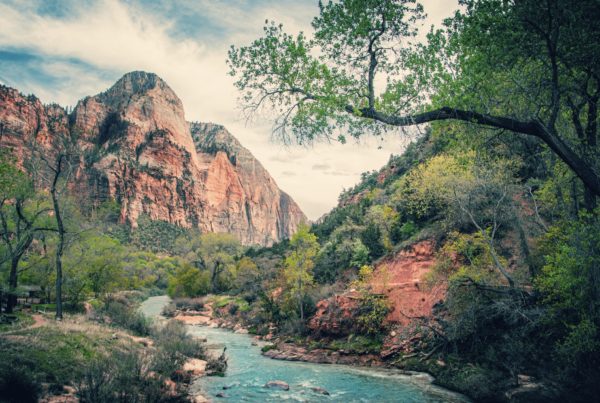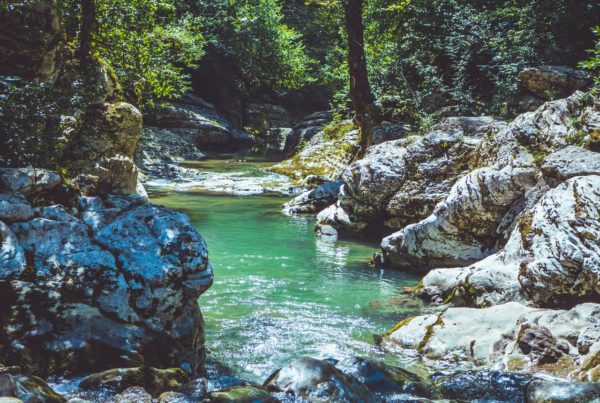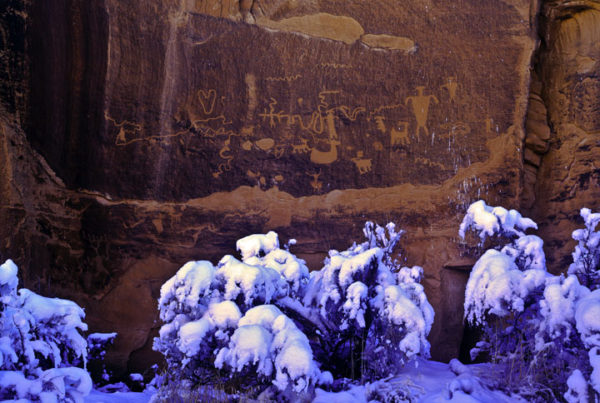This the full version of an article that first was published by Jared in the Liahona Magazine. Click here for that.
My fondest childhood memories are of my family piling into our gold conversion van and fleeing the flat deserts of Texas toward the mountains and rivers of the West. As we climbed in elevation, my father – a geologist – would point out the window at rock formations and explain how the layers were deposited just so, how the rocks contained a record of past processes that quietly shaped the landscapes in front of my eyes. My mother would take pictures of wildflowers, collect pine cones, and revel in the turning of the seasons. Their love for nature was contagious, and I too fell for the world of living things. Years later, while serving my mission among the mountains and boreal forests of Alaska, I developed a deeper respect for the connections between God’s human and non-human creations, and decided to devote my life to the conservation and study of nature.
In this pursuit, I have been encouraged by principles of earth stewardship taught by prophets, apostles, and other Church leaders throughout the gospel dispensations. For example:
- President Russell M. Nelson has taught, “As beneficiaries of the divine Creation, what shall we do? We should care for the earth, be wise stewards over it, and preserve it for future generations.”
- From Moses we learn that all plants and animals have spirits and that the earth, “the mother of men,” would be “pained … because of the wickedness of [her] children” and desire to “be cleansed from the filthiness which is gone forth out of [her]” (Moses 3:5,9; 7:48).
- In the Book of Mormon we read about a civilization needing to adapt their lifestyles because the land was deforested (see Helaman 3:5–9), as well as the ancient prophet Mormon prophesying that the Book of Mormon would come forth “in a day when there shall be great pollutions upon the face of the earth” (Mormon 8:31).
- At the beginning of this dispensation, the Lord told Joseph Smith that He wanted his followers to be “accountable, as [stewards] over earthly blessings, which I have made and prepared for my creatures” (Doctrine and Covenants 104:13).
- More recently, Elder Marcus B. Nash of the Seventy taught that “[our] doctrine is clear: all humankind are stewards over this earth and its bounty—not owners—and will be accountable to God for what we do with regard to His creation.”
- In 2019, Sister Sharon Eubank, First Counselor in the Relief Society Presidency and Director of Latter-day Saint Charities, discussed the connection between God’s children and the earth by stating, “…some people will say, “Isn’t there something more important to do? Shouldn’t we be caring for the poor versus caring for the Earth?” And my question is, are they not linked so inextricably that we can’t do one without caring for the other?”3
- And finally, President M. Russell Ballard spoke these words directly to our generation in March 2020: “… I see […] your commitment to a more sustainable future for all of God’s children and creatures and the earth. Whether it is environmental, economic, or social, I would hope you will continue to find creative solutions to help protect the future for all of God’s children in our world. We should do whatever we can to protect and preserve the earth, to make life better for those who will live here. We have a divine stewardship, as noted in Doctrine and Covenants 59:16–20.”4
These teachings, and many others5, highlight our responsibility to care for God’s creations, both today and for future generations. So how can we as young adult Latter-day Saints respond to these prophetic teachings more fully today? Here are a few ideas:
1. Stay/Be Informed
In the past few decades, nations across the world have been experiencing the consequences that come from overconsuming nature’s resources. Issues such as pollution, deforestation, drought, climate change, species extinction, and biodiversity loss are intensifying.6 We can start by educating ourselves about these and other environmental problems in our communities and countries. A simple place to start is a web search for environmental groups near you. For example, The Nature Conservancy7 has chapters in all U.S. states and many countries throughout the world. Additional resources for this information are your local city council, along with parks and wildlife departments.
Learning about the role we play in our local ecological communities will expand our scope and help us discover how our individual actions affect the environment in our nations, and, ultimately, the earth as a whole. In our increasingly connected world, individual actions taken by citizens on one continent are now collectively contributing to the environmental effects felt by God’s children in other parts of the world (for example, things like rising sea levels, food shortages, plastic pollution, and invasive species). This relationship with our global neighbors provides a whole new meaning to the commandment to “love [our] neighbor as [ourselves]” (Matthew 22:39).

2. Focus on the Little Things You Can Do
It’s good to learn about environmental problems, and even better to do something about them. Here are a few practical steps you can take:
- Go outside and learn about the plants, animals, and ecosystems around you – knowledge leads to respect; use field guides, online resources, or apps (iNaturalist, Seek) to get to know God’s creations more personally.
- Drive less – your carbon emissions contribute to climate change, so choose to walk, skate, cycle, carpool, or use public transportation where available; when you do drive, don’t let your car idle.
- Buy local – this has the double benefit of directly supporting your community and cutting carbon emissions (products grown or made locally don’t need to travel as far); check labels at the grocery store to see where items were produced and shop at local farmers’ markets where available.
- Plant a garden – There are few food sources more sustainable or personally fulfilling than growing your own!8 As a young adult, you might have limited space, so start small by growing an herb garden, or consider joining a community garden.
- Follow the Word of Wisdom by eating less meat (see Doctrine and Covenants 89) – the production and consumption of livestock requires an extraordinary amount of water and contributes to water pollution, deforestation, and climate change. If giving up meat is difficult for you, start with a Meatless Monday and go from there.
- Reduce, reuse, recycle – Consume less, carry reusable grocery bags and water bottles, ditch the single-use plastic baggies, and check what materials are recyclable in your city.
- Use less water and energy – Take shorter showers, turn off lights, unplug appliances when not in use, etc.
- Get involved – Join or donate to environmental groups such as The Nature Conservancy, Natural Resources Defense Council, Environmental Defense Fund, World Wide Fund for Nature, and The Trust for Public Land. For faith-based environmental groups, consider LDS Earth Stewardship, Interfaith Power & Light, GreenFaith, and Creation Justice Ministries.
- Vote – Electing local, state and national leaders that care about the earth will help solve broad environmental issues and create policies whose benefits will last beyond our lifetime (e.g. National Park Service, Endangered Species Act, Clean Water Act).
- Be “anxiously engaged in a good cause” – Don’t wait for explicit, detailed direction over the pulpit about how to care for the earth; we’ve been taught the principles—now it’s time to act on them (see Doctrine and Covenants 58:26–29).
3. Realize That Your Actions Matter
Don’t be overwhelmed by this list: just choose one item and put energy behind it. Something is better than nothing. In doing these simple acts of environmental service, you may feel that your contribution doesn’t matter, that it won’t make any difference against the magnitude of the world’s ecological issues – but remember that “by small and simple things are great things brought to pass” (Alma 37:6).
In spiritual matters, we don’t stop choosing the right just because the world is growing more wicked! We know that our small acts of kind service won’t stop all of the evil in the world, but we continue to perform them anyway, blessing lives in the process. We should have a similar attitude toward the earth and her inhabitants.
Throughout my life I have had the privilege to travel and conduct research in many different countries and landscapes. Despite the drastic differences in species, climate, and human culture that our planet has produced, there is one unifying principle among each of these ecosystems: they are all connected and beautifully alive. When Christ returns, I believe He will ask to see how well we cared for our little corner of the world – a world He created to sustain us physically and spiritually, and one that He commanded us to preserve. I, for one, hope to be able to say that I was a good steward over these earthly blessings.



